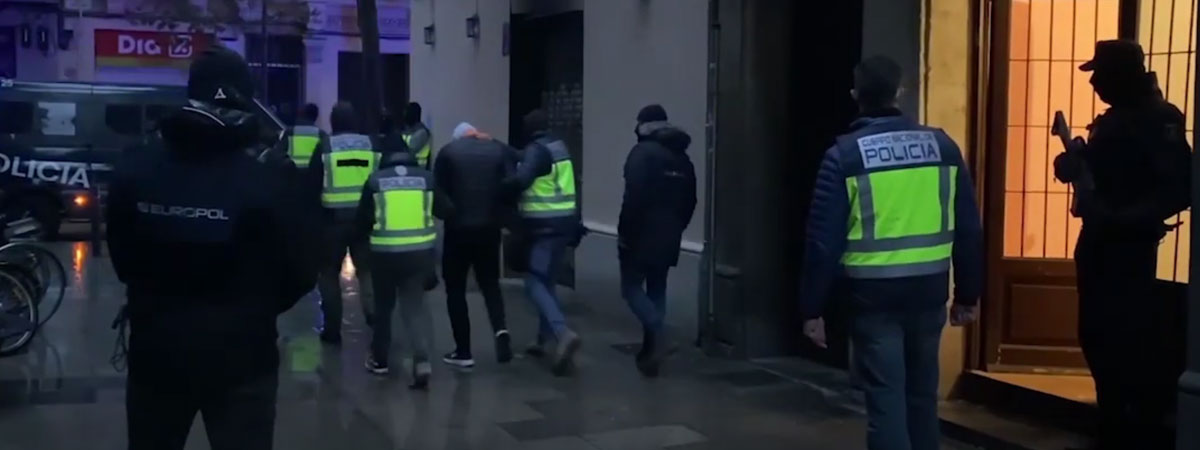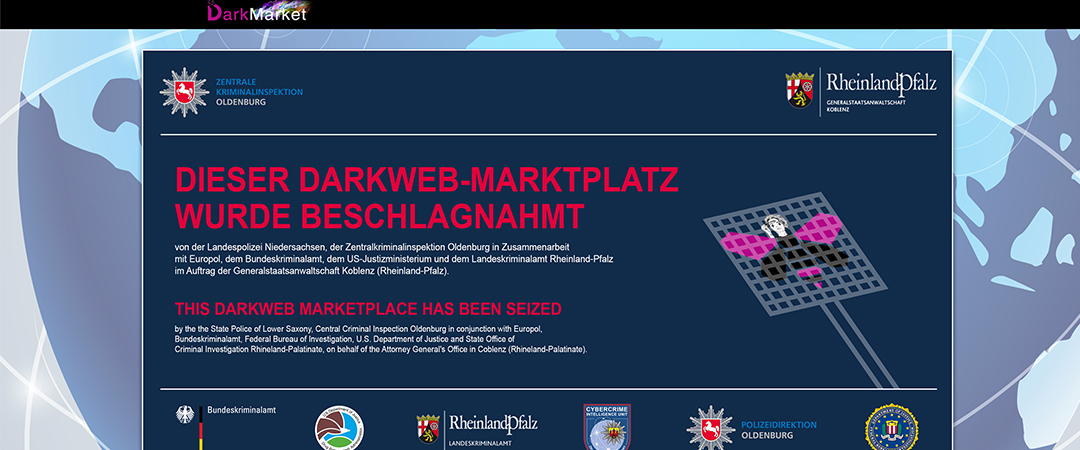Sweden: European loan for upgrade of wastewater plant in Stockholm archipelago

- EIB signs SEK 1 billion (€97 million) loan for the Käppala Wastewater Treatment Plant in the municipality of Lidingö, near Stockholm.
- The upgrade will allow the facility to deal with wastewater from up to 900 000 people.
- Together with the biogas produced during the digestion process, the project is expected to have a positive impact on the environment and water quality in the Baltic Sea.
The European Investment Bank (EIB) has signed a SEK 1 billion (€97 million) loan agreement with the Käppalaförbundet, an intermunicipality partnership in the Stockholm archipelago, for an upgrade and capacity increase of their wastewater treatment plant. The centralised wastewater treatment at Käppala will be upgraded to deal with the wastewater of around 900 000 people.
EIB Vice-President Thomas Östros noted: “Stockholm’s famous “skärgård” is of high importance for both the environment and the local economy. As the EU’s climate bank, we are happy to support the extension of the Käppala plant, helping to maintain the area in a sustainable way for the population.”
“This upgrade will secure the water treatment services for our 11 member municipalities for many decades to come and at the same time greatly improve the water quality of our beautiful archipelago”, said Andreas Thunberg, CEO of Käppalaförbundet.
The original plant was put into operation in 1969, and was already extended once with support from an EIB loan of 6 million ECU in 1997. By minimising pollution of the receiving waters, the project will have a positive impact on the immediate environment and the Baltic Sea, and is expected to improve living conditions for the inhabitants of the Stockholm area.
Background information:
The project will allow the promoter to fully meet the requirements of the Urban Waste Water Treatment Directive (91/271/EC), the Water Framework Directive (2000/60/EC) and Helsinki Commission (HELCOM) recommendations for WWTP’s effluent (recommendation 28E/5, HELCOM).
Käppalaförbundet treats wastewater from 11 municipalities located north and east of Stockholm. Its treatment plant, the Käppala Wastewater Treatment Plant, is Sweden’s third-largest, and employs a very effective treatment process. It also exploits the nutrients and energy contained in the wastewater, and produces sludge, biogas and heat that are recycled for the community.


